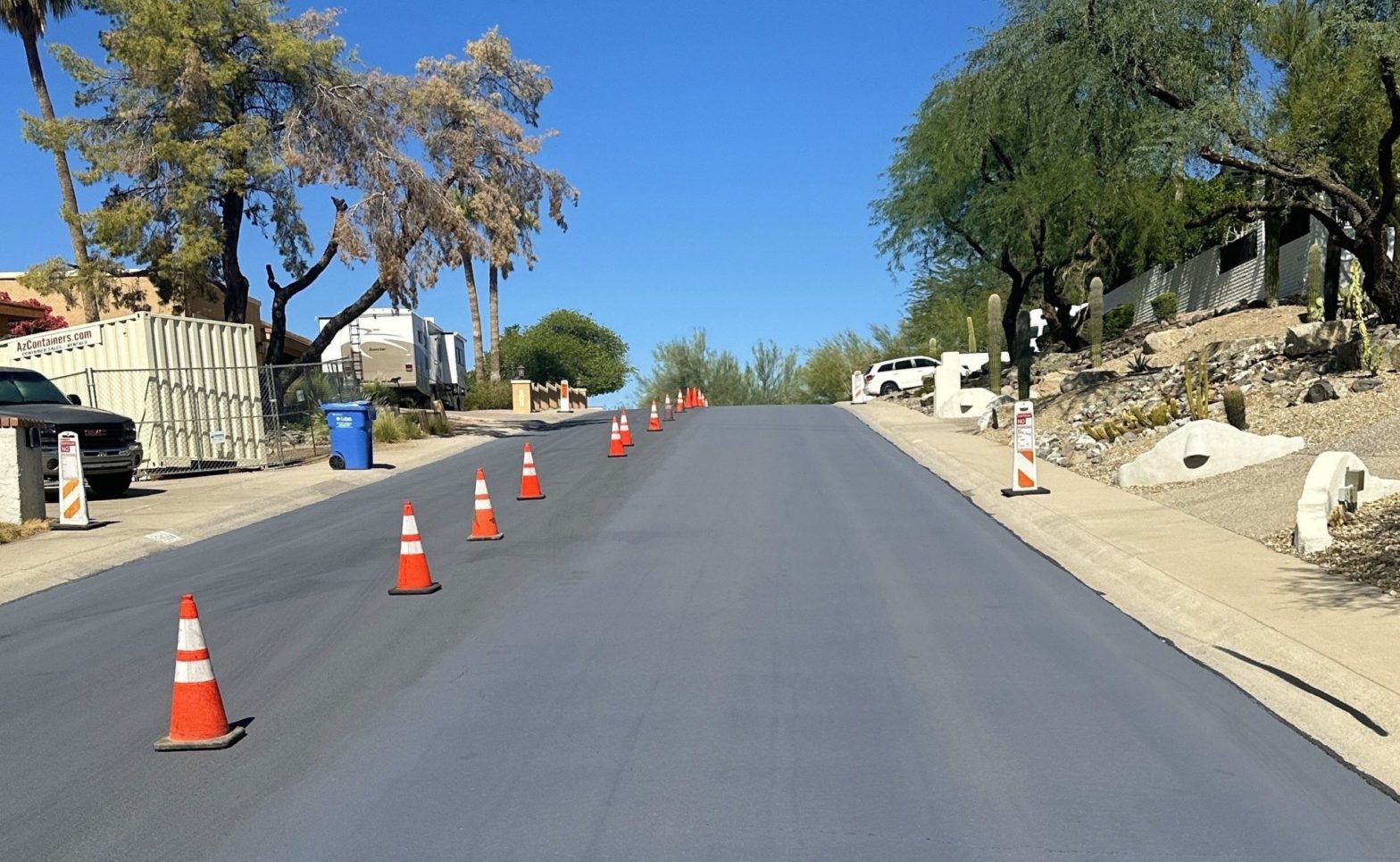
Photo: Michael-3_Easy-Resize.com_
Caribbean and Pacific coastal cities lead fight against climate change
23 May 2017
by Jonathan Andrews
Cities in Small Island Developing States (SIDS) have leveraged nearly US$800 million in green climate funding to support coastal resilience, says a new Inter-American Development Bank (IDB) report.
The study, A Blue Urban Agenda: Adapting to Climate Change in the Coastal Cities of Caribbean and Pacific Small Island Developing States, estimates that 4.2 million people in SIDS in the Caribbean and in the Pacific are living in areas that are prone to flooding due to rising sea levels. As a result the region has now become a reference for other port cities.
“Mayors in port cities across the globe should be cognisant of the enormous economic costs and implications of sea level rise, hurricanes and coastal storms to port infrastructure,” Michelle Mycoo, co-author of the report, told Cities Today. “Mayors will need to consider a mix of strategies such as higher investments in robust coastal defences, alternative future upgrading and expansion plans such as retreating from the coast and relocation of storage areas for container cargo further inland.”
The international community has responded by providing US$55.6 billion in aid and private sector flows to Caribbean and Pacific SIDS over the last 20 years. These programmes have included coastal engineering to protect cities from flooding and coastal erosion, wetland restoration, coral reef conservation and watershed rehabilitation, urban planning and the enforcement of coastal setbacks and flood-resistant building codes.
“The urban planning profession clearly needs to pursue a Blue Urban Agenda and build cities that respond to their shores and the needs of coastal residents,” said Michael Donovan, co-author and Housing & Urban Development Senior Specialist, IDB.
The study reviewed 50 projects financed by the IDB, World Bank, Asian Development Bank and others, and the efforts made by Caribbean and Pacific SIDS to implement adaptation strategies aimed at reducing vulnerability and enhancing sustainability. It shows an increasing emphasis on urban governance and institutional capacity building within city planning agencies.
It includes several policy recommendations for cities, including improving coastal planning, land reclamation, coastal setbacks, enforcement of building codes, climate-proofing infrastructure, mangrove reforestation, and coastal surveying and monitoring.
“Adapting and improving the resilience of cities in coastal zones of SIDS, especially those experiencing rapid urbanisation, remains critical,” added Donovan. “Caribbean and Pacific coastal cities are on the front lines of the response to climate change and are pioneering innovative approaches to respond to coastal transformation. All eyes are on these islands as port cities across the world look for answers to the coastal question.”







